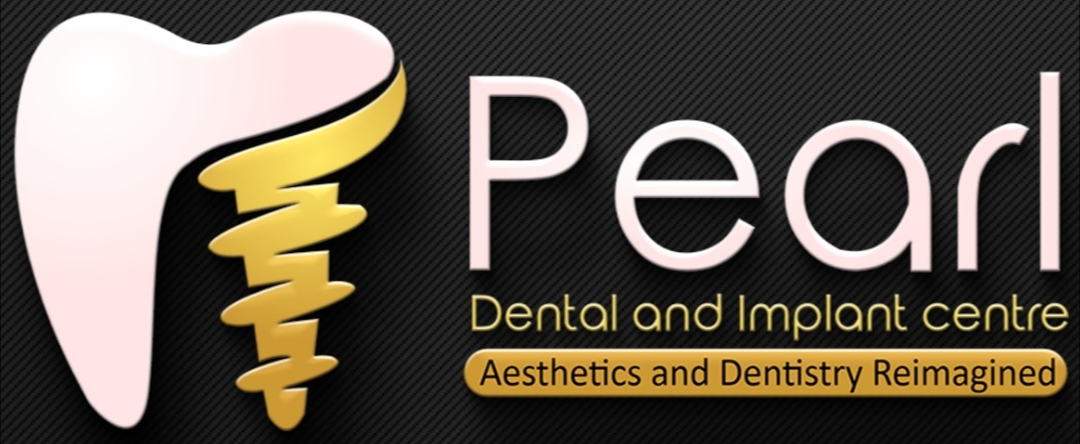Everything You Need to Know About Dentures
Dentures are removable dental appliances designed to replace missing teeth and restore oral function. Whether you’ve lost teeth due to decay, injury, or other conditions, dentures offer a practical solution to enhance your smile and improve your quality of life. This blog will cover the types of dentures, their benefits, and what to expect during the process.
What Are Dentures?
Dentures are custom-made prosthetics that fit over the gums to replace missing teeth. They come in two main types:
- Full Dentures: These replace all the teeth in the upper or lower jaw. They are typically used when all teeth are missing.
- Partial Dentures: These are used when some natural teeth remain. They consist of a metal or plastic frame that holds one or more artificial teeth, filling gaps left by missing teeth.
Benefits of Dentures
- Restores Function: Dentures allow you to chew food and speak properly, which can be challenging with missing teeth.
- Enhances Appearance: They improve the look of your smile by filling in gaps and providing a natural appearance.
- Supports Facial Structure: Dentures help maintain the shape of your face, preventing the sunken appearance that can occur with missing teeth.
The Denture Process
- Consultation: Your dentist will assess your oral health and discuss your needs to determine the best type of dentures for you.
- Impressions: Custom impressions of your mouth are taken to ensure a proper fit. This may involve creating a wax model to check the fit and appearance.
- Fitting: The final dentures are crafted based on your impressions. Once ready, your dentist will make any necessary adjustments to ensure a comfortable fit.
- Adjustment Period: It may take time to adjust to wearing dentures. Your dentist will provide guidance on how to care for them and address any issues that arise.
Caring for Dentures
- Daily Cleaning: Brush dentures daily with a denture brush and non-abrasive cleaner to remove food particles and plaque. Avoid using regular toothpaste, as it can be too harsh.
- Rinse After Eating: Rinse dentures with water after eating to remove any loose food.
- Soaking: Soak dentures in a denture solution or water when not in use to prevent them from drying out.
- Regular Check-ups: Visit your dentist regularly to ensure your dentures are in good condition and to make any necessary adjustments.
Common Issues with Dentures
- Discomfort: New dentures may cause soreness or irritation initially. Your dentist can adjust them to improve comfort.
- Slippage: Dentures may shift or slip, especially when eating or speaking. Using denture adhesive can help keep them in place.
- Difficulty Eating: It may take some practice to eat comfortably with dentures. Start with soft foods and gradually introduce more textures.
When to See a Dentist
- Persistent Discomfort: If you experience ongoing pain or irritation, consult your dentist for adjustments.
- Damage: If dentures crack or break, they should be repaired promptly to prevent further issues.
- Changes in Fit: If dentures become loose or uncomfortable, an adjustment or replacement may be needed.
Conclusion
Dentures are a versatile and effective solution for replacing missing teeth and restoring oral function. By understanding the types, benefits, and care involved, you can make informed decisions about your dental health and enjoy a confident, comfortable smile. If you have questions about dentures or need a fitting, consult with your dentist to explore the best options for your needs.
